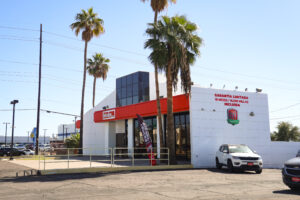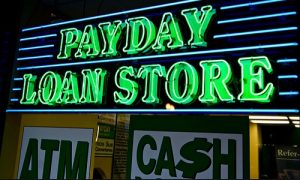We’ve all had interviews where we wished the source would stop blowing smoke and answer the questions.
Seattle Times reporter Christine Willmsen got those frank responses from Emiel Kandi, a lender of last resort. I mean, have you ever had a source refer to himself as a wolf?
He also told Christine that “his requirement for a borrower is merely ‘a pulse and a legal ability to sign'” and admitted “he charges borrowers as much as he can get away with – 45 percent interest in one case.”
Kandi is a hard-money lender. Christine’s story notes how the industry is expanding from businesses with cash-flow problems to desperate homeowners, who have few protections when borrowing from hard-money lenders. She explains how the industry works:
“It provides short-term commercial loans to people with businesses or real-estate investments who can’t get conventional bank loans or have poor credit. Lenders charge high interest rates, typically 10 to 14 percent, and require real estate as collateral.”
Today’s Tip: Check county court records for quit-claim deeds to find hard-money lenders in your area.
“If you see a quit-claim deed, be highly suspicious,” Christine says. “It means that if you don’t pay in the way I want to be paid, I take immediate possession of the entire property.” [Here’s more on the difference between warranty and quit-claim deeds from Bankrate.com.]
She says she heard about Kandi through sources who said he’d taken advantage of homeowners. She also found lawsuits filed by borrowers who’d lost their houses.
The story was a winner in the National Association of Real Estate Editors awards.











